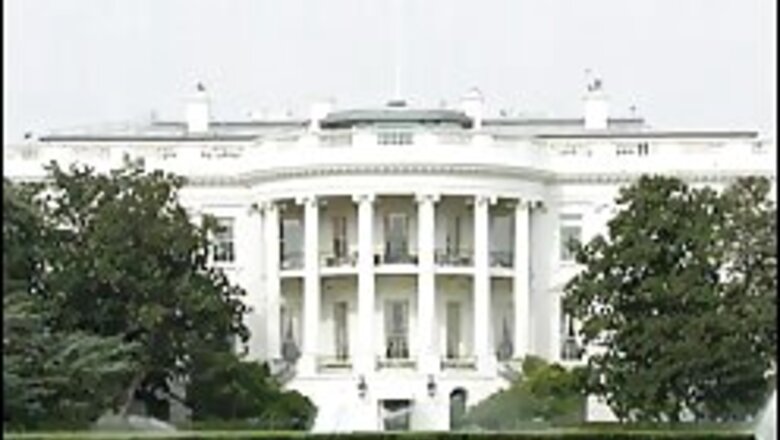
views
Washington: The White House said on Monday it was disappointed the US Senate failed to approve a landmark Indo-US nuclear deal before adjourning but expressed optimism it would be approved during a "lame duck" session in November.
The initiative, which would allow nuclear-armed India access to US nuclear fuel and reactors for the first time in three decades, "continues to be a top priority for the administration," a spokesman said in a statement.
The deal has been hailed by President George W Bush and others as the core of building a new US relationship with India after years of estrangement and a financial boon to American business.
But despite more than a year of upbeat assessments by administration officials and the intervention of Bush and Secretary of State Condoleezza Rice, the Republican-led Senate let the India bill languish when the session ended on Saturday.
The House of Representatives overwhelmingly approved the bill in July. Ron Somers, head of the US-India Business Council, part of the US Chamber of Commerce, said, "When we all look back at this historic opportunity of aligning our two great democracies for the 21st Century, we will recognize that delays like these, though unfortunate, amount to small bumps in the road."
He and other lobbyists pledged to regroup and push anew for passage in the "lame duck" legislative session after the November 7 election, but the outcome is not guaranteed.
The session is expected to run from one to three weeks, and the press of other business, plus continuing disputes between Republicans and Democrats, could still thwart a vote.
"We fully expect that the Senate bill will pass during the lame duck congressional session and that it will be signed into law this year," said Andrew Parasiliti of Barbour Griffith & Rogers International, which represents the government of India.
PAGE_BREAK
"This legislation is a top priority for the Bush administration and has overwhelming bipartisan congressional support. It is the most significant issue facing US-India relations today," he said.
The US-India Business Council and Parasiliti's firm played separate leading roles in a heavily funded, widely publicized campaign to win approval of the bill making key changes in US law to permit the sale of American nuclear technology to India for the first time in three decades. Senate leaders blamed each other.
Senate Republican leader Bill Frist of Tennessee accused the Democrats of wanting to defeat the bill "by adding a large amount of unnecessary amendments," while Democratic leader Harry Reid of Nevada said Republicans seemed "more interested in scoring political points than passing this important bill."
If the Senate fails to pass the bill in November, the entire process must start again - the bill will have to go through the and the House, whose new session starts in January. Even if the Senate acts, other approvals are needed before India is able to acquire nuclear fuel and reactors from the United States and other countries, virtually ensuring that final action would not happen until at least 2007.




















Comments
0 comment